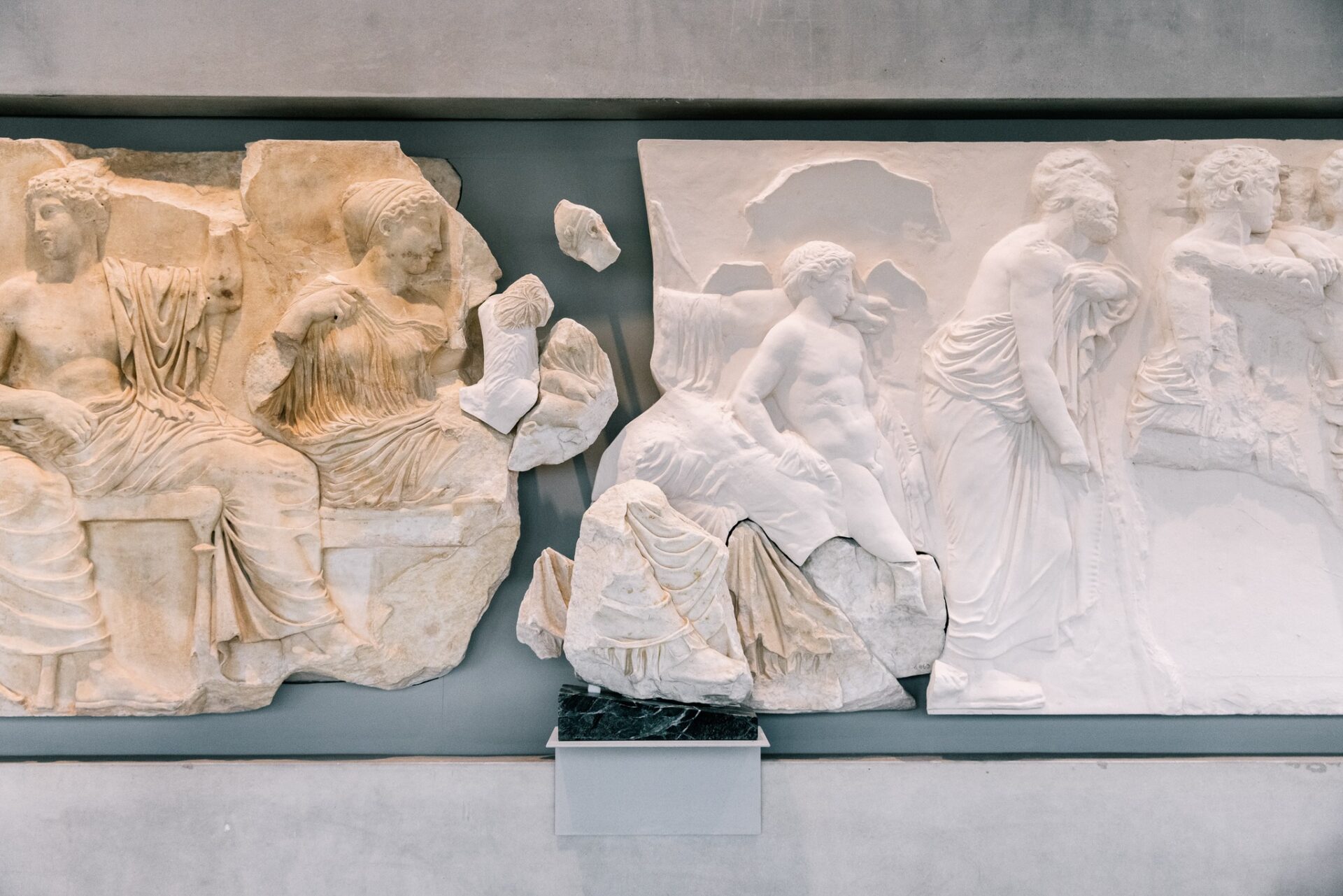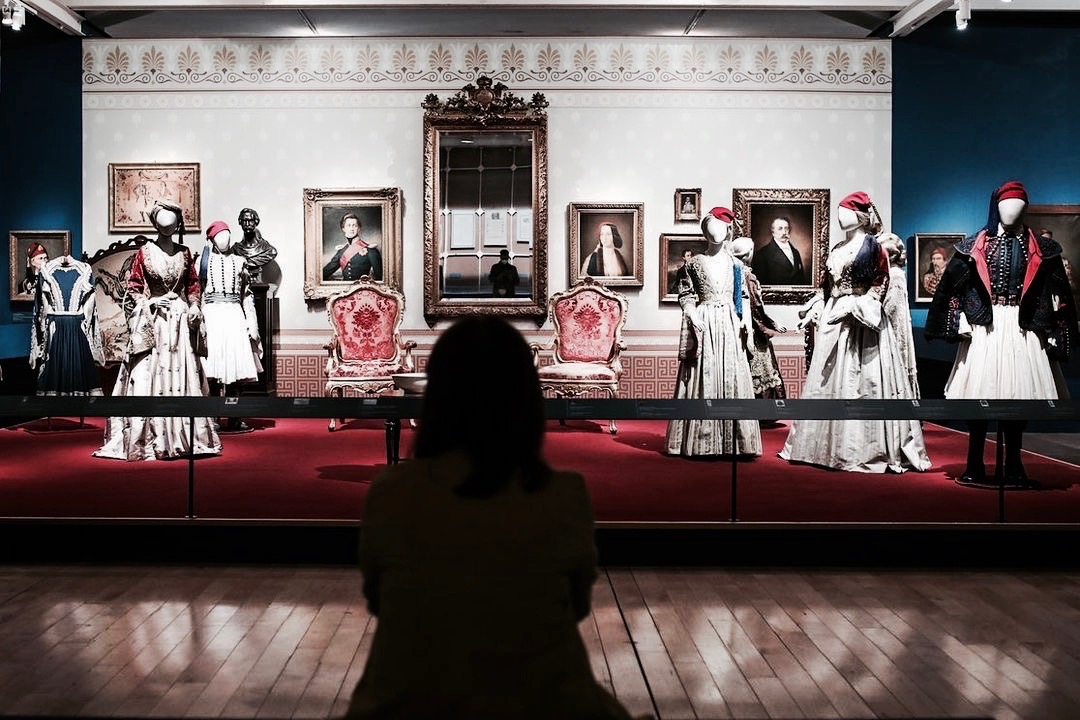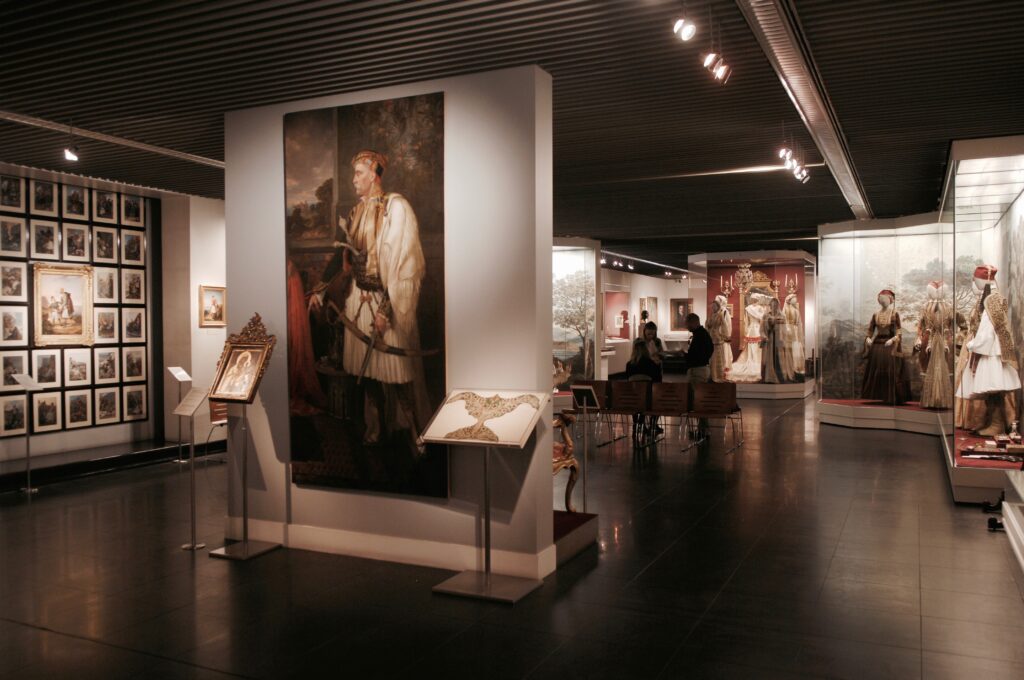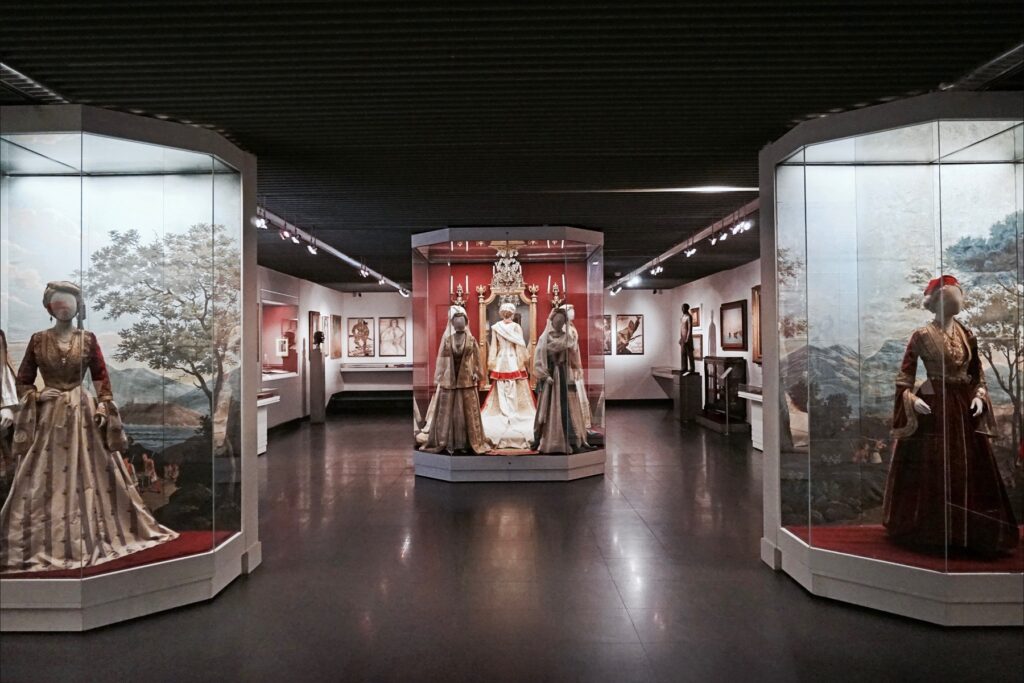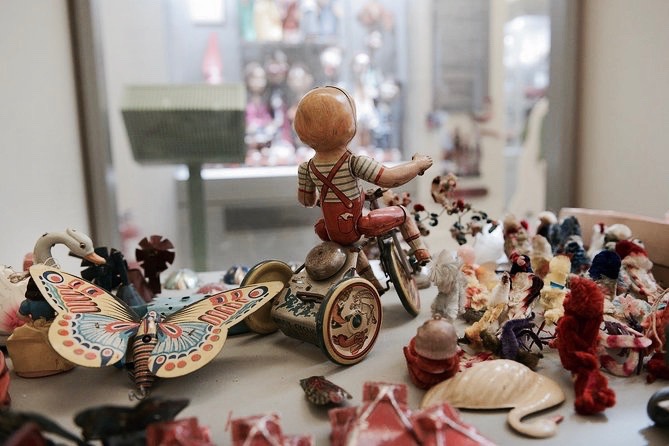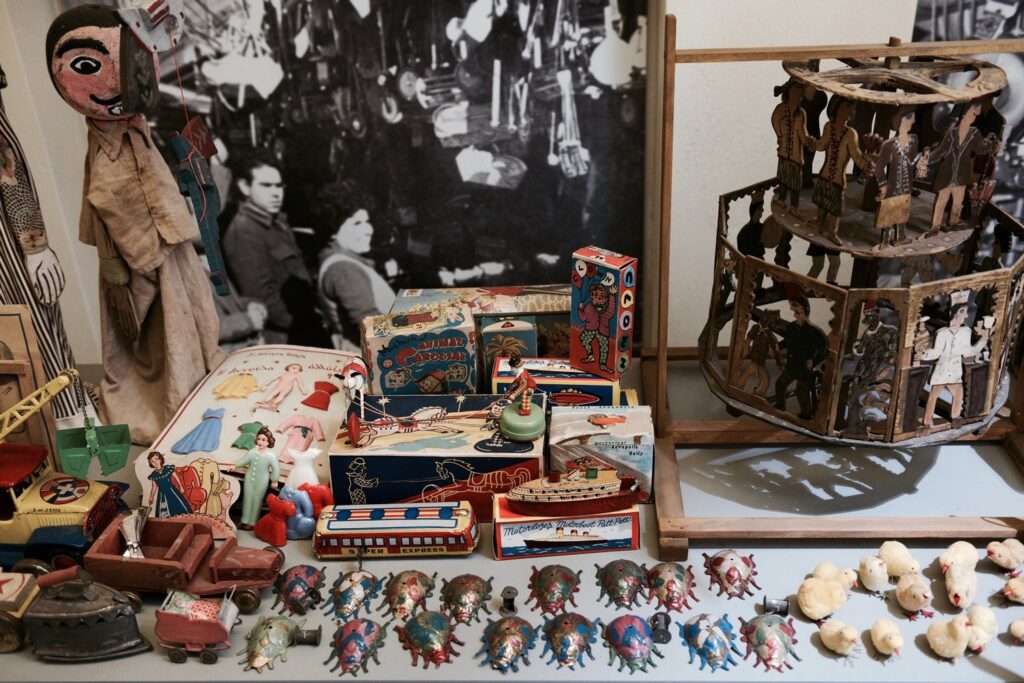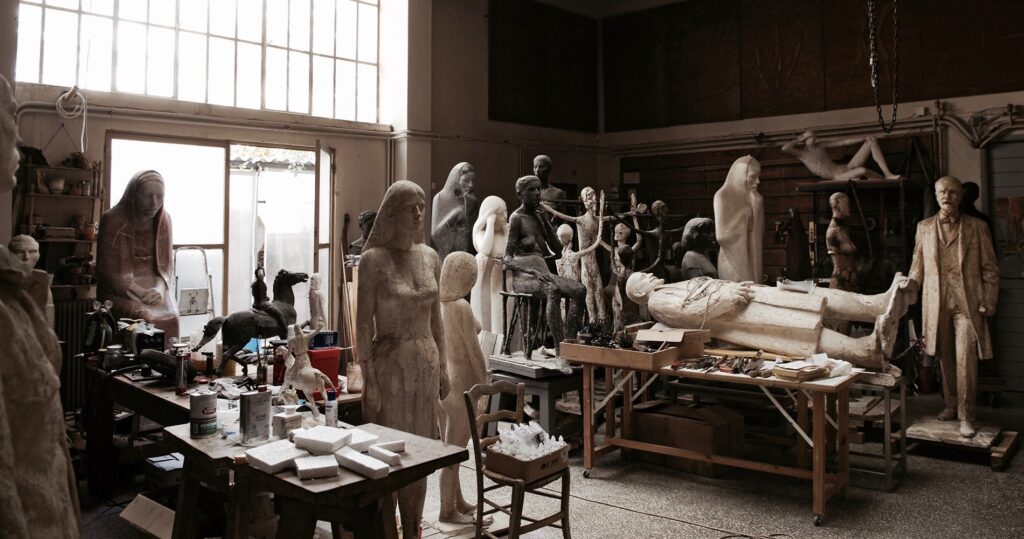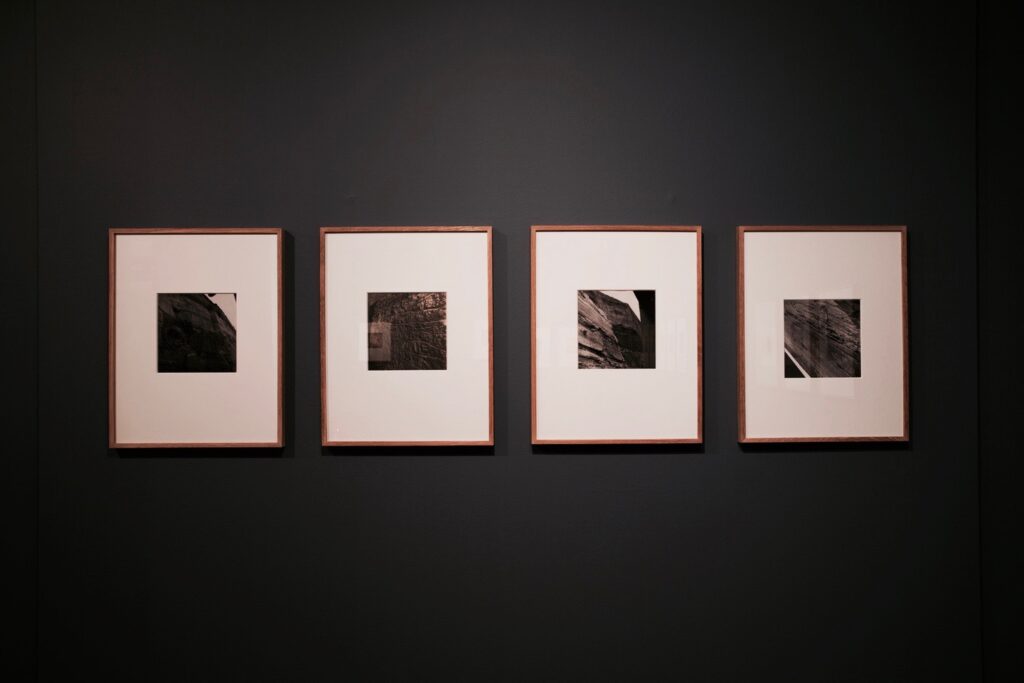A fragment from the Parthenon temple that was recently returned to Greece by the regional archaeological museum of Sicily, has now been placed on the Parthenon frieze at the Acropolis Museum in Athens, where it will remain on display as part of a long-term loan.
The fragment depicts the right foot and part of the dress of the Greek goddess Artemis, which once sat on the eastern frieze of the 2,500-year-old Parthenon temple atop the Acropolis Hill.
The slab was unveiled in a ceremony at the Acropolis Museum yesterday, January 10, as the fragment was placed in the Parthenon Gallery – a glass-walled chamber with a view of the Parthenon- displaying sculptures of the temple’s 160-metre-long frieze in the same position as they were on the original monument (with plaster copies replacing pieces that are now mainly in the British Museum.)
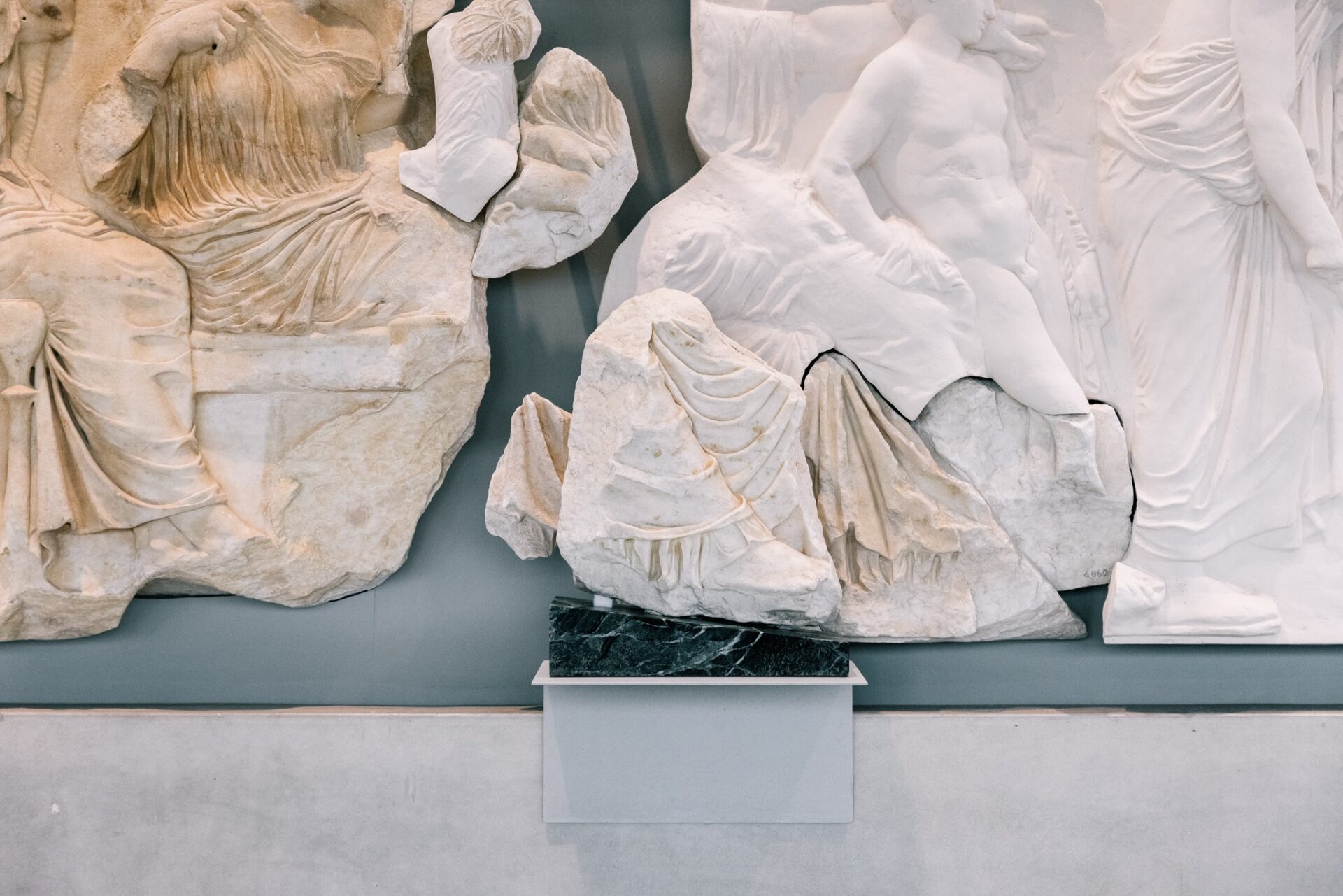
Prime Minister Kyriakos Mitsotakis, Culture Minister Lina Mendoni, the director of Acropolis Museum Nikos Stambolidis and the President of the Acropolis Museum Dimitris Pantermalis attended the ceremony, as Greek officials warmly welcomed the development, stressing that it shows the way for the return of the Parthenon Sculptures kept for two centuries at the British Museum.
Also at the ceremony was Assessor, Dr. Alberto Samonà, Cultural Heritage and Identity of Sicily, who said during the event, “We hope that after Sicily, other regions and countries also decide to take a step forward so that we can build together a new humanism.”
It is unclear how Fagan came to own the fragment, which has been in Palermo, Sicily, since 1818 and was part of the archaeological collection of Robert Fagan, a British diplomat and art dealer who was appointed consul general for Sicily and Malta in the early 19th century. Following his death, his widow sold the piece to the University of Palermo’s Regio Museum, now the Salinas Museum.
Director of A. Salinas Museum in Palermo, Dr. Caterina Greco added, “Today is a very important day, both for the culture and for me personally. The reconnection of the fragment with the other fragments on display in this majestic museum first seals, in the most representative degree, the feelings of brotherhood and cultural identity that have connected Sicily with Greece for centuries.”
The Italian museum has returned the fragment on loan to Greece for eight years with a view of permanent repatriation. It can be viewed by the public at the Acropolis Museum, which is one of the world’s most visited museums.
Images by Paris Tavitian © Acropolis Museum

